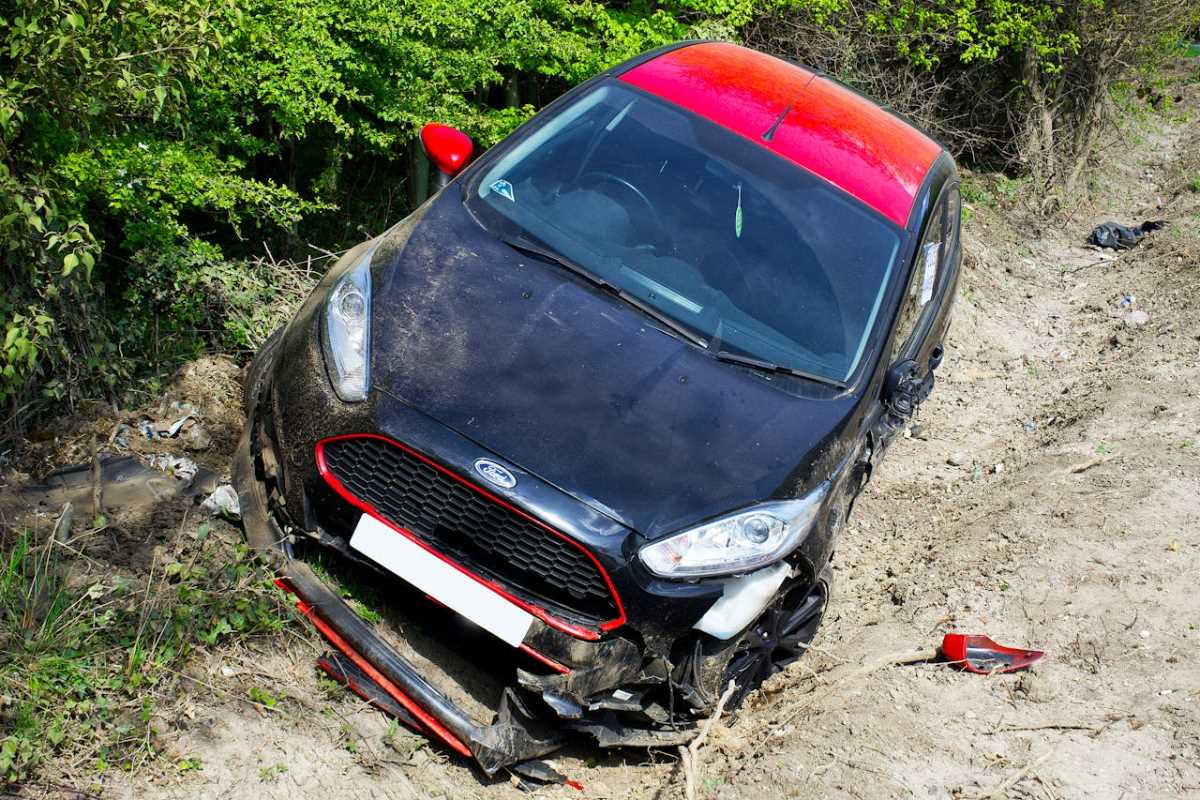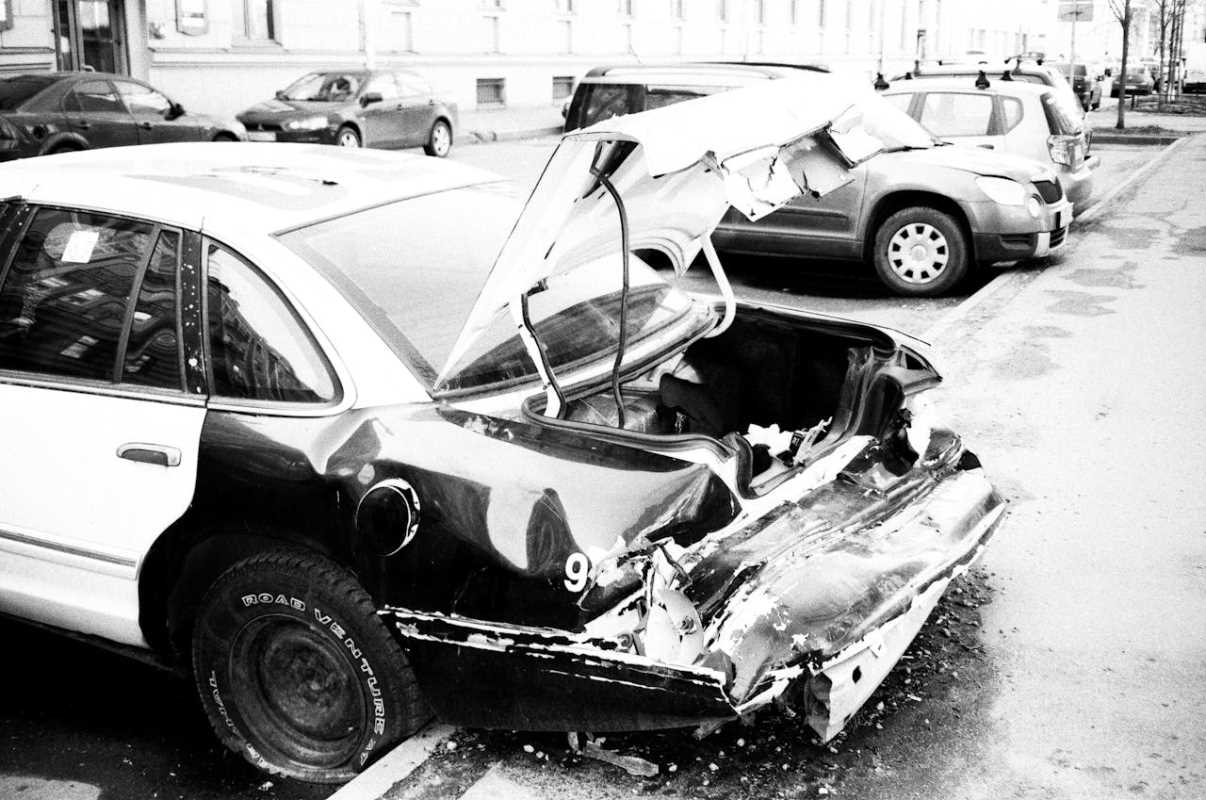Your car insurance policy is a powerful financial tool designed to protect you from significant losses after an accident. It offers peace of mind, knowing you have support when you need it most. Sometimes, however, filing a claim is not the most strategic financial move. In certain situations, paying for minor damages out of your own pocket can be a smarter choice in the long run. Making this decision can feel tricky, but we’re here to help you navigate it with confidence. This guide will walk you through the factors to consider, empowering you to decide when it’s better to handle repairs yourself versus getting your insurance company involved.
Understanding the Impact of Filing a Claim
Filing a claim is the reason you have insurance, but it’s important to know what happens behind the scenes. Every claim you make becomes part of your insurance history. Insurance companies use this history, along with other factors, to calculate your risk level. A higher perceived risk often leads to higher premiums. Making a claim, especially for an at-fault accident, can signal to your insurer that you are more likely to have another one in the future.
This can result in a premium increase at your next renewal. The increase might not seem like much at first, but it can add up significantly over several years. A single at-fault claim could raise your rates for three to five years, potentially costing you more in extra premiums than the original repair itself. Understanding this long-term financial impact is the first step in making a wise decision.
When Paying Out of Pocket Makes Sense
Deciding to pay for damages yourself requires a careful look at the numbers and the situation. We've got you covered with a breakdown of scenarios where this choice could be your best option.
The Repair Cost Is Less Than Your Deductible
This is the most straightforward reason to pay out of pocket. Your deductible is the amount you have to pay before your insurance coverage kicks in. For example, your collision coverage might have a $500 or $1,000 deductible. You could discover the repair for a small dent or a broken mirror costs only $400. In this case, your insurance wouldn't pay anything toward the repair anyway, since the cost is below your deductible.
There is no financial benefit to filing a claim in this situation. You would be responsible for the full repair cost regardless. Reporting the incident would only add an unnecessary event to your claims history without providing any financial relief. Always get a repair estimate before deciding to file a claim.
The Repair Cost Is Only Slightly More Than Your Deductible
This situation requires a little more math. Let's say you have a $1,000 deductible and the repair estimate for a fender bender is $1,200. Filing a claim means your insurance would pay $200 after you cover the first $1,000. You must ask yourself: is receiving a $200 payout worth the potential premium increase?
A small claim like this could trigger a rate hike that costs you more than $200 over the next few years. You might pay an extra $100 per year for the next three years, totaling $300 in additional premiums. In that scenario, you would have been better off paying the full $1,200 out of pocket. We encourage you to contact your agent to discuss the potential impact on your rates before you file. A good agent can provide guidance without officially opening a claim.
It's a Minor, Single-Car Incident
Accidents happen. You might back into a mailbox or scrape a pole in a parking garage. These single-car incidents are typically considered at-fault accidents. Since no other party is involved, you have complete control over how to handle the situation.
For cosmetic damage like a scratch or a small dent, you might choose to live with it or get it fixed on your own time. Paying out of pocket prevents an at-fault claim from appearing on your record. This helps you maintain any good driver discounts you have and keeps your premium from increasing. You protect your driving record and your wallet by handling these minor mishaps yourself.
You Have a History of Recent Claims
Your claims history plays a big role in how an insurer views you as a customer. Having multiple claims in a short period, such as two or three within three years, can label you as a high-risk driver. This can lead to a substantial premium increase or even non-renewal of your policy.
You should be especially cautious about filing a minor claim if you already have a recent at-fault accident on your record. Adding another claim, even a small one, could push your risk profile over a threshold. Paying for a small repair yourself could be a strategic move to keep your insurance in good standing and avoid more severe consequences down the road.
When You Should Always File a Claim
While paying out of pocket is sometimes smart, your insurance is there for a reason. Certain situations absolutely call for filing a claim. We’re here to help you know when it’s essential to use your coverage.
Someone Is Injured
You should always file a claim if any person is injured in an accident, no matter how minor the injuries seem. Medical costs can be unpredictable and escalate quickly. What seems like a minor ache could turn into a need for long-term physical therapy or other medical treatments.
Your liability coverage is specifically designed to handle these costs and protect your personal assets. Attempting to negotiate and pay for someone's medical bills yourself is incredibly risky and could leave you financially vulnerable if costs spiral. Let your insurance company handle the entire process.
The Other Driver Is at Fault (or It's Unclear)
You should not hesitate to file a claim if another driver is clearly at fault. Their insurance company is responsible for your repair costs and medical bills. Your insurance company can help you navigate this process by working with the other driver's insurer, a process called subrogation.
The situation can be complicated if fault is disputed. Both drivers may believe the other is responsible. In these cases, it’s best to file a claim and let the insurance adjusters investigate the accident and determine fault. They have the expertise to manage these complex scenarios.
The Damage Is Severe
Insurance is designed to protect you from large, unexpected financial burdens. You should always use your coverage for major accidents where the repair costs are substantial. This is precisely why you pay your premiums.
Trying to cover thousands of dollars in repairs yourself could drain your savings or put you into debt. Let your policy do its job. After you pay your deductible, your coverage will handle the rest, ensuring your vehicle is repaired properly without crippling you financially.
Your Car Is Stolen or Vandalized
Your comprehensive coverage is there for non-accident events like theft or vandalism. These are typically considered not-at-fault incidents and often have a smaller impact on your premium than collision claims. A stolen car represents a total loss of a significant asset. It is crucial to file a police report and an insurance claim immediately. You will want the support of your insurance to help cover the value of your vehicle.
Making the Right Choice for You
Deciding whether to file a claim or pay out of pocket is a personal financial decision. By weighing the repair cost against your deductible and the potential for a premium increase, you can make an informed choice that benefits you in the long run. We are always here to offer guidance and help you understand your policy. Connect with an agent today to discuss your options and ensure you have the confidence to handle any situation on the road.
 (Image via
(Image via





